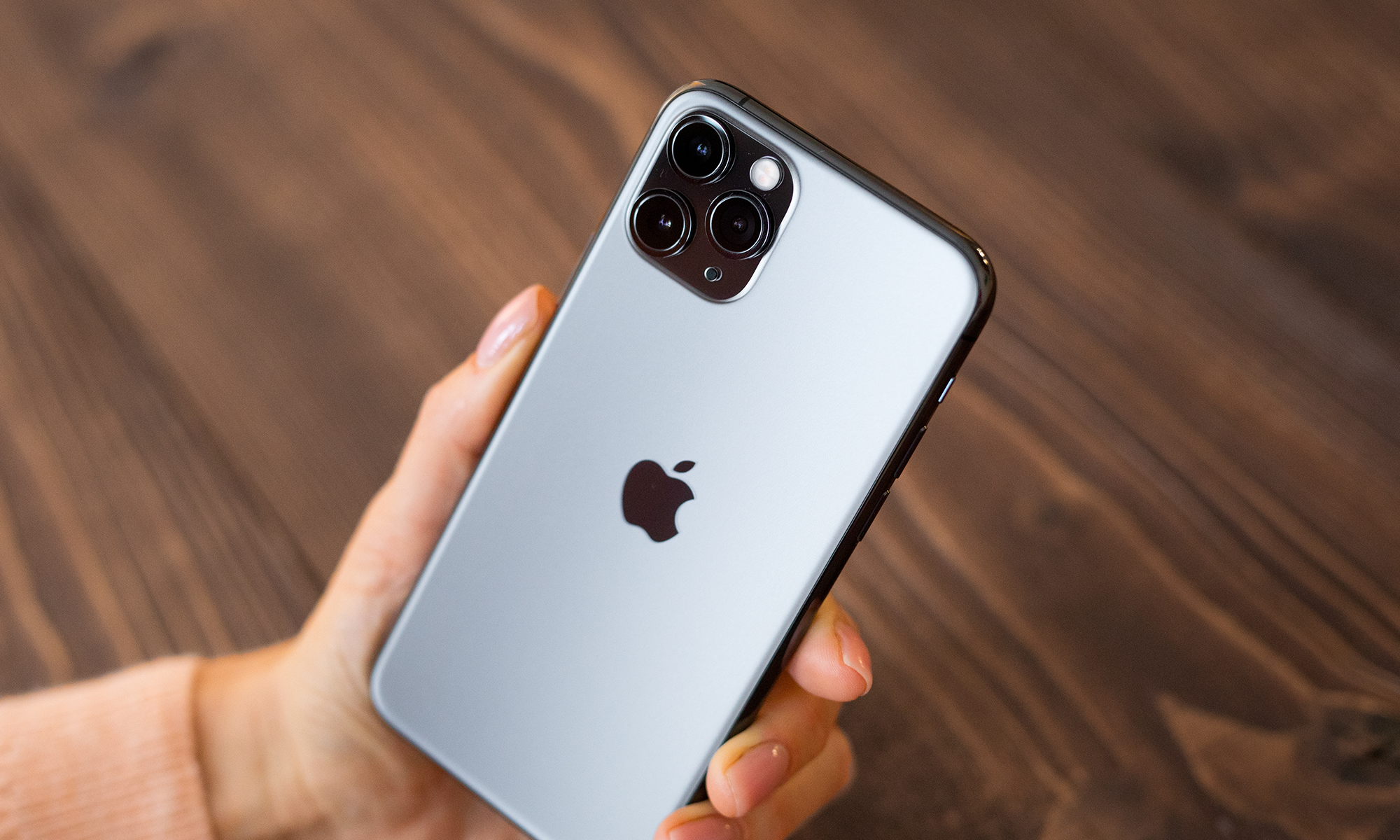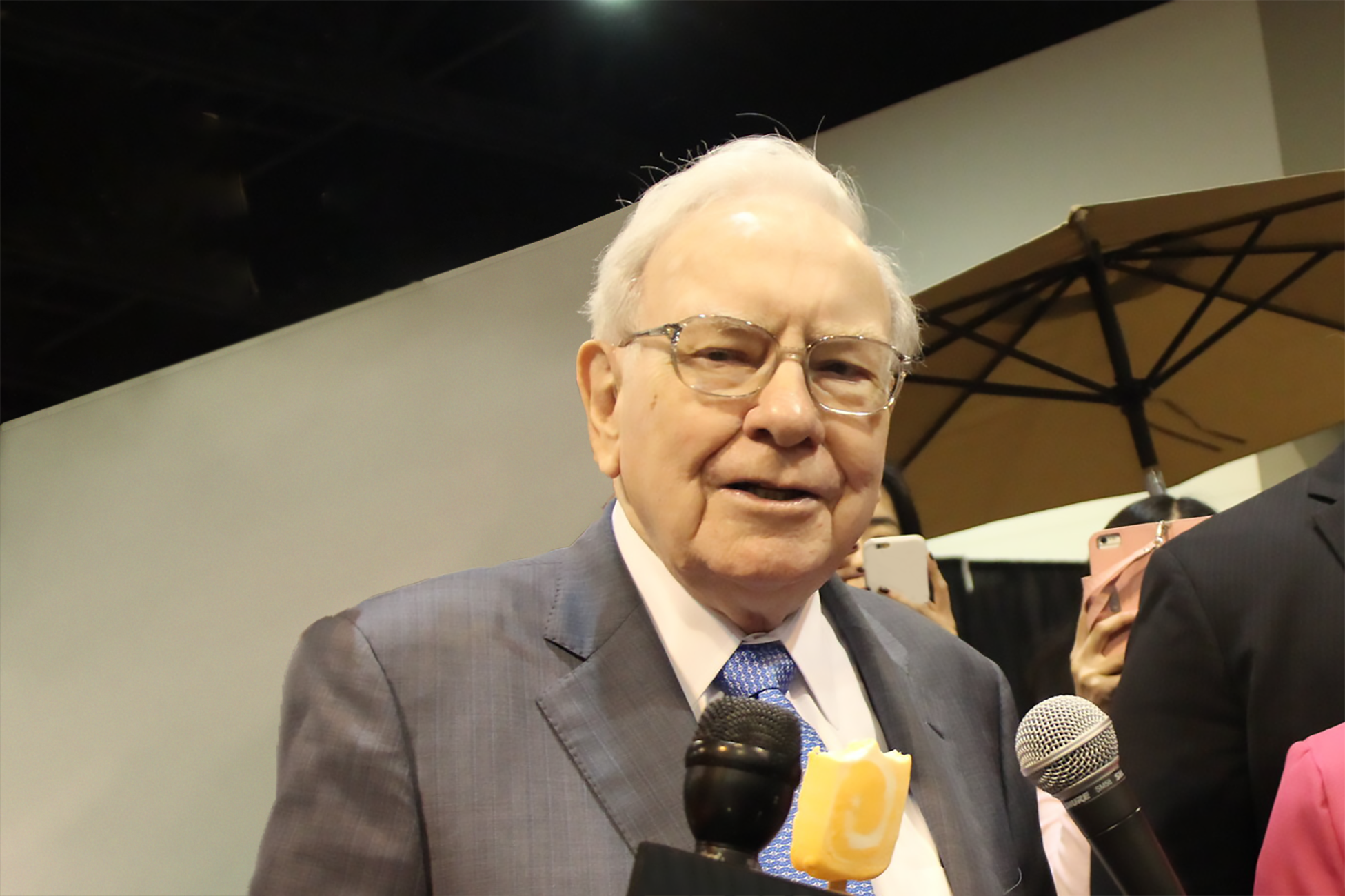
The iPhone 6 (left) and the Samsung Galaxy S6 Edge. Source: Flickr user Kārlis Dambrāns.
Although Samsung's (NASDAQOTH: SSNLF) newest Galaxy iteration is roughly a week old, all signs point to it being a hit. The Galaxy S6 and Galaxy S6 Edge are experiencing strong demand, with demand for the curved-edge Galaxy S6 Edge even shocking Samsung's marketing team, according to a Forbes article that quotes "industry sources."
KGI Securities analyst and in-the-know Apple watcher Ming-Chi Kuo concurs with reports of strong demand. He expects Samsung to raise its 2015 Galaxy S6 shipment guidance by nearly 50% -- from a range of 35 million-40 million units to 50 million-55 million units. Kuo notes the majority of the expected increase is due to the Galaxy S6 Edge.
This isn't positive news for Apple (AAPL +1.12%) on two fronts. The first is more straightforward, but perhaps less troubling. As the two compete in the high-end market, Samsung's success could potentially poach Apple users, or at least prevent Android users from defecting to iOS to the same degree as in recent history.
However, that may not be the biggest risk that the success of the Galaxy S6 presents to Apple: Samsung is rumored to be a major supplier to Apple's next-gen iPhone, and its Galaxy S6 success could threaten Apple's iPhone timeline.
From TSMC to Samsung to TSMC again?
Samsung is slated to be a major supplier to Apple's next iPhone by winning the lead supplier designation for the next-gen A9 processor, after TSMC took that role for this year's A8 processor. Cupertino runs the risk that Samsung will be too busy fulfilling its own demand to supply the tens of millions of chips that Apple needs. Even after TSMC won the lead supply slot from Samsung last year as the relationship between Apple and Samsung became increasingly contentious, Samsung still supplied 40% of Apple's A8 chips.
More recently, however, Apple and Samsung have appeared to de-escalate hostility, at least on the litigation front. Thanks to a better relationship with Apple, as well as more advanced manufacturing technologies, Samsung won the role of lead supplier for the A9... before the Galaxy S6 and Galaxy S6 Edge became so popular. Now, according to Kuo, Apple is planning to take a larger portion of A9 production back to TSMC. Per Kuo's report (by way of 9to5 Google):
Apple is concerned about insufficient 14nm capacity at Samsung LSI. Due to better-than-expected market feedback on Samsung's (KR) flagship Galaxy S6 and S6 Edge (mainly the latter), which 2015 shipments guidance is raised nearly 50% from 35-40mn units to 50-55mn units, Apple is concerned it may not be able to book sufficient 14nm capacity with Samsung LSI since S6 and S6 Edge are powered by in-house produced 14nm FinFET application processor Exynos 7420. We think this is another key factor in Apple's pro-TSMC decision.
Samsung, why can't I quit you?
Samsung's success would have been a much bigger problem to the Apple of yesteryear. Before the relationship between Apple and Samsung became contentious, Samsung was the dominant supplier of Apple's processing chips -- until the current-gen A8 chip.
Tim Cook is widely considered a supply-chain guy, so the idea of one company -- particularly a staunch and hostile competitor -- holding the keys to Apple's most successful product couldn't have sat well with Mr. Cook.
With the A9, however, it seems as if Apple was initially willing to abandon that line of thinking. Recode provides insight as to the reasons why Apple wanted to return to Samsung for the A9: The company's manufacturing process is simply better.
Samsung is able to produce the chip at 14 nanometers versus TSMC's 20 nanometers. A smaller chip consumes less power and allows more space for other internal circuitry, like a larger battery. In the event Apple has to rely on TSMC for the bulk of shipments, the processor will probably remain at 20 nanometers.
As far as the user experience is concerned, this isn't a huge issue; but it is an issue that Apple obviously does not want. The rhetoric and court litigation may have slowed, but competition between these two tech giants only appears to be increasing.






